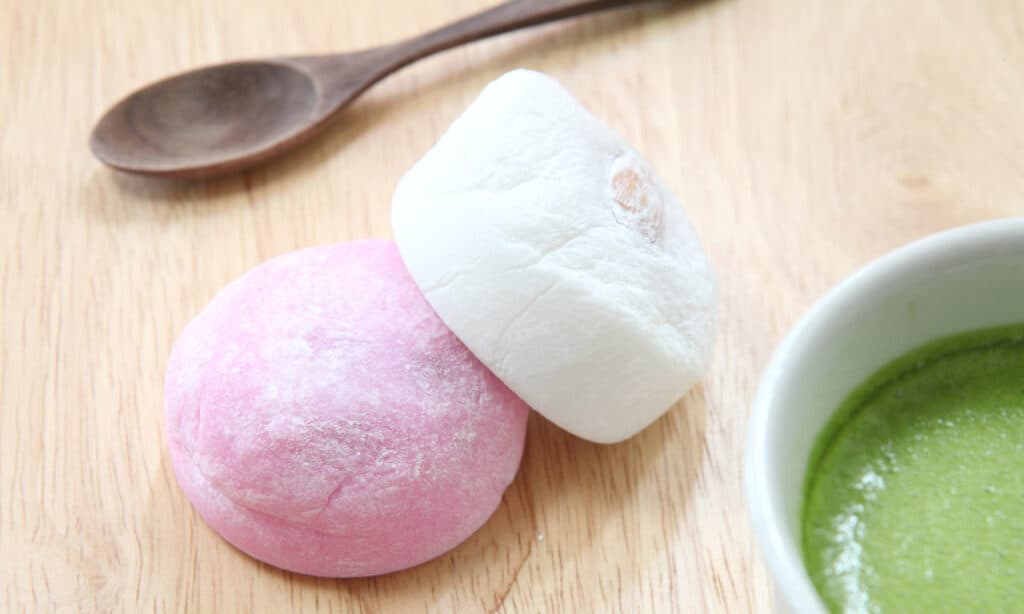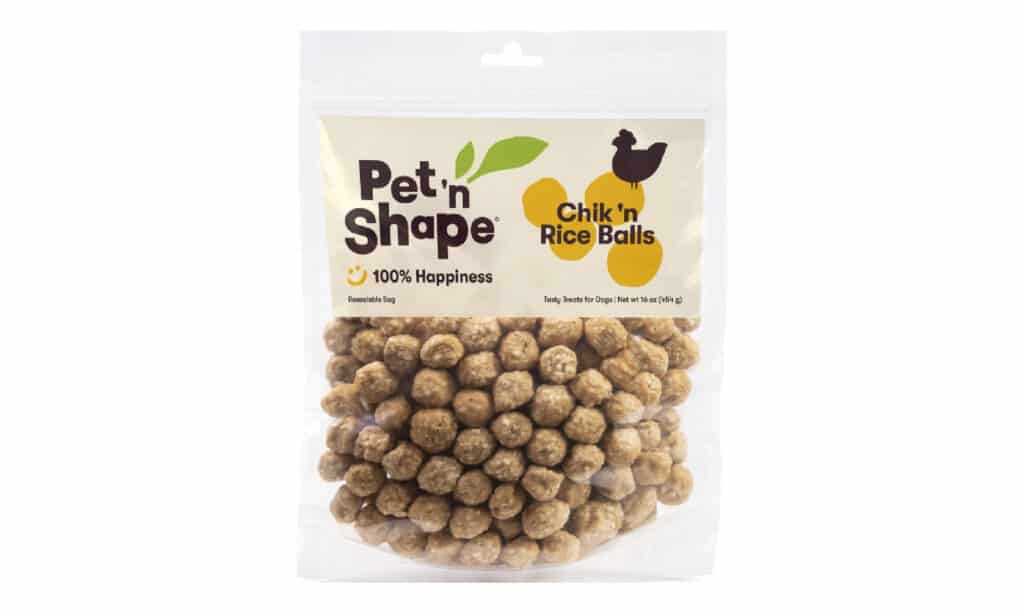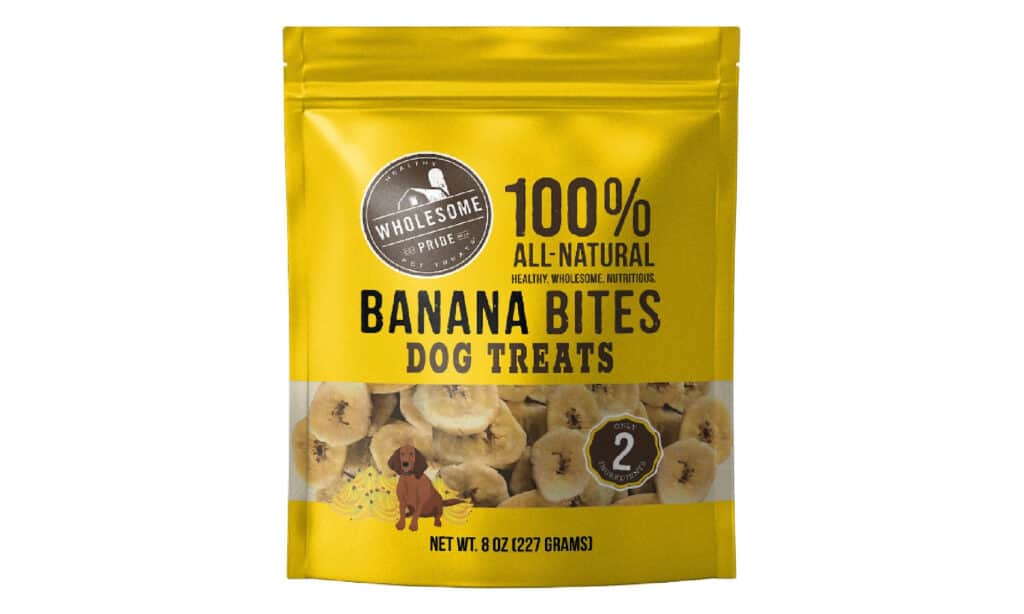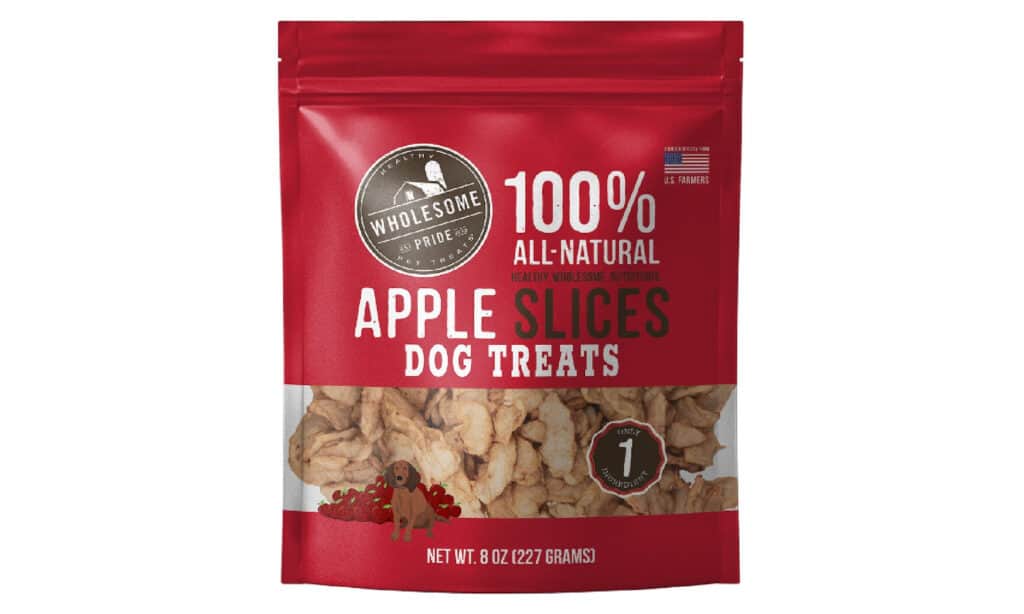If you’re a fan of Japanese cuisine, you’ve likely heard of mochi – a delicious treat made from glutinous rice. But can dogs eat mochi too? While it may seem like a harmless snack, mochi can actually be dangerous for our furry friends to consume. In this blog, we’ll explore everything you need to know about feeding your dog mochi.Discover what makes mochi unsafe for dogs, and explore safe and delicious treat options for your furry friend. Keep reading to learn more!

What is Mochi?
Mochi is a popular Japanese treat that’s made from glutinous rice. It’s often enjoyed during special occasions and celebrations and has become increasingly popular worldwide. But can dogs eat mochi too? Let’s explore the answer to this question and everything else you need to know about feeding your furry friend mochi.
Where Did Mochi Come From?
Mochi is a traditional Japanese treat that has been enjoyed for centuries. Its origins date back to the Jomon period (14,000 BC to 300 BC), when rice cultivation first began in Japan. Long ago, rice was pounded into sticky paste and made into cakes that could be stored for a long time.
Over time, the process of making mochi evolved, and it became a popular treat for special occasions and celebrations. Today, mochi is enjoyed around the world and has become a beloved part of Japanese culture.
While mochi may have a rich history, it’s important to remember that it’s not safe for dogs to consume. Mochi’s glutinous rice is hard for dogs to digest, causing digestive problems or other health issues. It’s safer to choose dog-friendly treats than to share your mochi with your furry friend.

Mochi Ingredients
Mochi is typically made from glutinous rice, which is a type of short-grain rice that becomes sticky and chewy when cooked. Other ingredients used in mochi recipes may include sugar, sweet bean paste, and flavorings like matcha powder or fruit.
While these ingredients may be safe for humans, they can be harmful to dogs if consumed in large quantities. Sugar, for example, can cause dental issues, weight gain, and even diabetes in dogs. Mochi recipes with xylitol can be toxic for dogs, causing vomiting, diarrhea, and seizures.
Remember, what’s safe for humans may not be safe for dogs – they have different nutritional needs! When choosing treats for your dog, always read the ingredients carefully and avoid anything that may be toxic or difficult for them to digest.
Mochi is not safe for dogs due to potential health issues. Stick to dog-friendly treats like fresh fruit and homemade snacks! Instead, opt for dog-friendly treats made from safe and healthy ingredients to keep your furry friend happy and healthy.
Inappropriate Ingredients in Mochi
Glutinous Rice
Glutinous rice, which is the type of rice used to make mochi, can be difficult for dogs to digest.Dogs can’t digest the starch in mochi due to a lack of necessary enzymes.
If your dog eats mochi or any other food containing glutinous rice, it can cause digestive issues like vomiting, diarrhea, and stomach pain. In severe cases, it can even lead to intestinal blockages, which may require surgery to correct.
Remember, dogs have different nutritional needs, so not all human foods are safe for them. While glutinous rice may be a staple in Japanese cuisine and a beloved ingredient in mochi, it’s best to keep it away from dogs to prevent any potential health issues.
Instead, stick to dog-friendly treats made from safe and healthy ingredients to keep your furry friend happy and healthy. If you’re ever unsure whether a particular food is safe for your dog to eat, consult with your veterinarian for guidance.
Xylitol and Other Artificial Sweeteners
Artificial sweeteners like xylitol can be extremely dangerous for dogs to consume. While these sweeteners are safe for humans, they can cause a variety of health problems in dogs.
Xylitol, for example, can cause a sudden release of insulin in dogs, leading to a rapid drop in blood sugar levels. This can cause symptoms like vomiting, loss of coordination, seizures, and even liver failure. In severe cases, xylitol poisoning can be fatal.
Other artificial sweeteners like aspartame and saccharin can also be harmful to dogs if consumed in large quantities. These sweeteners can cause digestive issues like vomiting and diarrhea, and may even lead to more serious health problems like seizures.
It’s important to keep in mind that dogs have different nutritional needs than humans, and some ingredients that are safe for us may be harmful to our furry friends. When choosing treats for your dog, always read the ingredients carefully and avoid anything that may contain artificial sweeteners or other potentially harmful ingredients.
If you suspect that your dog has consumed food containing artificial sweeteners, it’s important to seek veterinary care right away. With prompt treatment, many cases of sweetener poisoning can be successfully treated, but it’s important to act quickly to prevent any potential complications.

Help?!? What if my dog accidentally ate a lot of Mochi?
If your dog eats mochi, it’s important to seek veterinary care right away. Your veterinarian may induce vomiting to remove any remaining mochi from your dog’s stomach and monitor them for any signs of digestive distress or other complications.
Post Snack Distress Signs & Symptoms
Dogs that consume a large amount of food that contains mochi can experience digestive upset, including vomiting, diarrhea, and abdominal discomfort. In some cases, if artificial sugars are used, your dog may experience neurologic symptoms and seizures.
When or If You Should Go To The Vet?
If your dog eats mochi, it’s important to seek veterinary care right away. Your veterinarian may induce vomiting to remove any remaining mochi from your dog’s stomach and monitor them for any signs of digestive distress or other complications.
Canine-friendly and safe alternatives to Mochi
If you’re on the lookout for a yummy snack to share with your furry best friend, you’ll be happy to know that there are plenty of safe options to choose from that won’t compromise your dog’s health. Fresh fruits like apples, bananas, and blueberries are not only tasty, but they’re also packed with vitamins and antioxidants that can do wonders for your dog’s wellbeing.
Another fantastic option is to whip up some homemade dog treats using ingredients like peanut butter, pumpkin, and oats. These treats are not only delicious and nutritious, but they’re also a great way to bond with your furry pal and get creative in the kitchen. And the best part? You’ll have the satisfaction of knowing exactly what’s going into your dog’s treats.
Just remember, when it comes to treating your dog, it’s crucial to choose safe and healthy options that won’t cause any harm. By opting for dog-friendly treats and steering clear of potentially harmful ingredients like glutinous rice and artificial sweeteners, you can ensure that your furry friend stays happy and healthy for years to come.
Healthy Store-Bought Recommendations
While mochi may be a yummy snack for us humans, it’s not a good idea to share it with your furry friend. Dogs can have a tough time digesting the glutinous rice used in mochi, and some mochi recipes might contain ingredients like sugar and xylitol that can be harmful or even poisonous to dogs. It’s best to avoid any potential risks and opt for dog-friendly treats like fresh fruits and homemade dog treats.
Don’t worry, there are plenty of other safe and delicious options out there for you and your pup to enjoy together. Fresh fruits are always a great choice – not only are they tasty, but they’re also packed with vitamins and nutrients that can help keep your furry friend healthy. You could also try your hand at making your own dog treats using ingredients like peanut butter, pumpkin, and oats. It’s a fun and easy way to bond with your pup, and you’ll have peace of mind knowing exactly what’s going into their treats.
Remember, keeping your dog safe and healthy is a top priority. By sticking to dog-friendly treats and avoiding potentially harmful ingredients like glutinous rice and xylitol, you can enjoy lots of tasty treats with your furry best friend without any worries.
~Lindsie



